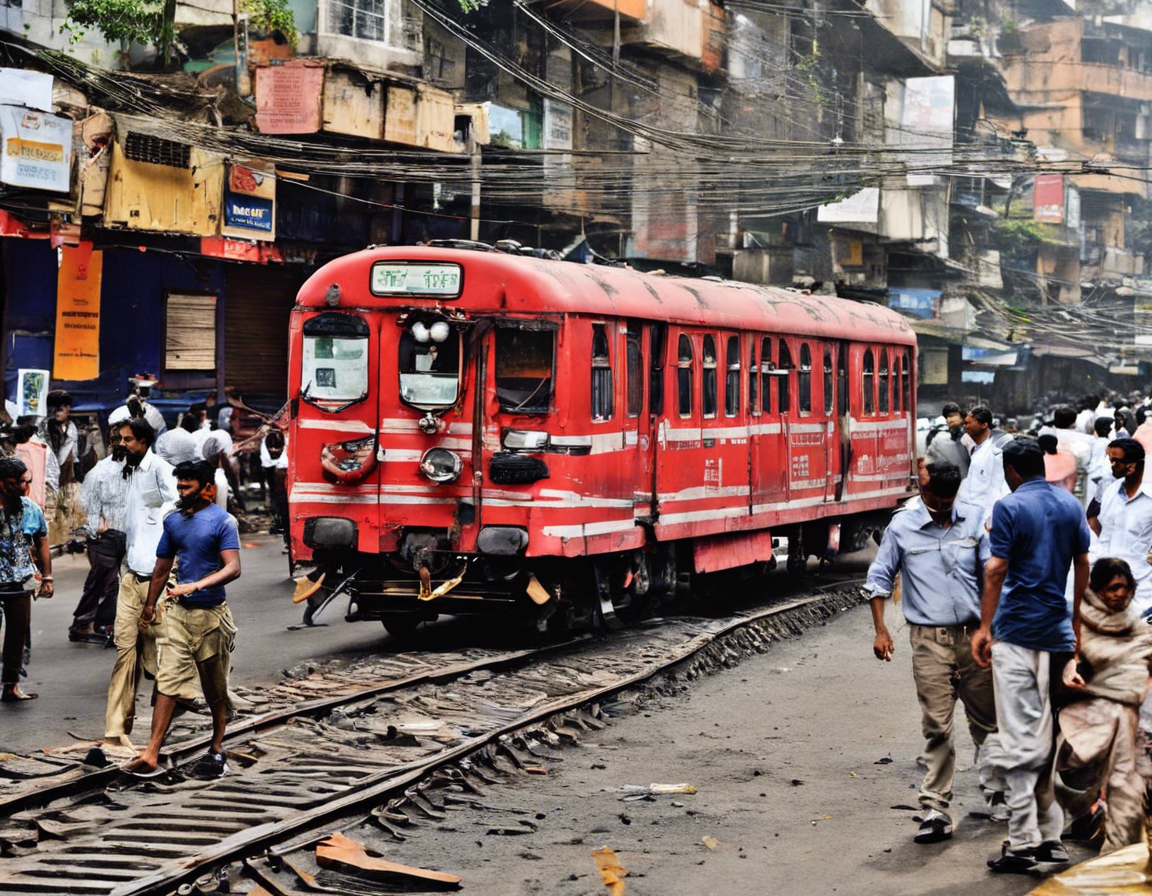Mumbai, known as the ‘City of Dreams,’ is a vibrant metropolis teeming with diverse cultures, bustling streets, and iconic landmarks. However, beneath its glamorous facade lies a pressing issue that demands urgent attention – the ‘Red Alert’ in Mumbai. This term refers to the alarming levels of pollution, particularly air pollution, that pose significant risks to the health and well-being of its residents.
The Perils of Air Pollution in Mumbai
Burden on Public Health
One of the most critical aspects of the ‘Red Alert’ in Mumbai is the detrimental impact of air pollution on public health. The city’s rapidly growing population, coupled with industrial activities, vehicular emissions, and construction projects, has resulted in poor air quality. This has led to a surge in respiratory ailments, allergies, cardiovascular diseases, and even premature deaths among vulnerable groups such as children, the elderly, and individuals with pre-existing health conditions.
Environmental Degradation
Furthermore, air pollution in Mumbai not only affects human health but also contributes to environmental degradation. Emissions from vehicles and industries release harmful pollutants like particulate matter, nitrogen oxides, sulfur dioxide, and volatile organic compounds, which not only pollute the air but also contaminate water sources and soil. This has a cascading effect on the ecosystem, impacting biodiversity and overall environmental sustainability.
Addressing the ‘Red Alert’: Steps Towards a Cleaner Mumbai
Policy Interventions
To combat the ‘Red Alert’ in Mumbai, it is imperative for policymakers to implement stringent policies and regulatory measures. This includes enforcing emission norms for industries, promoting the use of cleaner fuels, regulating vehicular emissions through periodic checks, and incentivizing public transportation systems to reduce reliance on private vehicles.
Awareness and Advocacy
Raising awareness among the masses about the health hazards of air pollution is crucial in fostering a sense of responsibility towards environmental conservation. Public campaigns, workshops, and educational programs can empower individuals to make informed choices, such as opting for sustainable practices, adhering to waste management guidelines, and supporting initiatives that promote clean energy solutions.
Community Participation
Engaging communities in the fight against the ‘Red Alert’ in Mumbai is paramount for long-term sustainability. Local residents, neighborhood associations, schools, and businesses can collaborate on various initiatives like tree plantation drives, neighborhood clean-up campaigns, and advocating for green spaces to mitigate air pollution and enhance the city’s overall ecological balance.
FAQs: Unveiling the ‘Red Alert’ in Mumbai
1. What are the main sources of air pollution in Mumbai?
- Vehicular emissions
- Industrial activities
- Construction projects
2. How does air pollution impact public health in Mumbai?
- Increases respiratory ailments
- Worsens cardiovascular diseases
- Affects vulnerable groups like children and the elderly
3. What measures can individuals take to reduce their carbon footprint in Mumbai?
- Use public transportation
- Opt for energy-efficient appliances
- Practice waste segregation and recycling
4. How can communities contribute to combating the ‘Red Alert’ in Mumbai?
- Organize tree plantation drives
- Conduct clean-up campaigns
- Advocate for green spaces and sustainable practices
5. What role do policymakers play in addressing air pollution in Mumbai?
- Enforcing emission norms
- Regulating vehicular emissions
- Promoting cleaner fuels and public transportation
In conclusion, the ‘Red Alert’ in Mumbai serves as a sobering reminder of the urgent need to address air pollution and its ramifications on public health and the environment. By fostering a collective commitment towards sustainable practices, advocating for robust policies, and promoting community engagement, we can pave the way for a cleaner, healthier Mumbai for generations to come.
